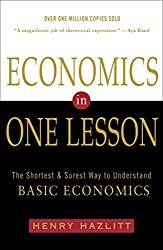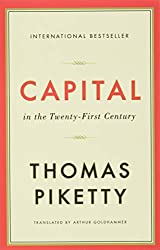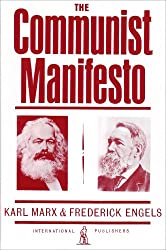
Rating: 7.1/10.
A common mistake in economics is to enact a policy that benefits some group of people, without realizing that it harms some other group (usually the broad society not taking part in the transaction). The most basic example is with the “broken window theory”: when a window is broken, the glassmaker gets work, but the shopowner no longer has money to buy a suit, so the suitmaker loses work.
In the next twenty-ish chapters, the author examines all kinds of government interventions: controlling technology, price fixing, tariffs, minimum wage, rent control, etc. Most of these criticisms have some truth to them. However, the book as a whole presents a lopsided libertarian view of economics: in the whole book, there’s not a single case where the author feels government intervention is justified. He ignores the effects of capitalism on inequality, and market failures (eg: healthcare with its lack of price transparency).
Interesting to read the perspective of libertarianism and the Austrian school of economics. A lot of the views presented are seldom seriously argued today, even by far-right conservatives, like abolishing minimum wage and unions. It’s a bit misleading to claim that this book alone will give you an understanding of economics, since the ideas are very much on the extreme conservative end.



